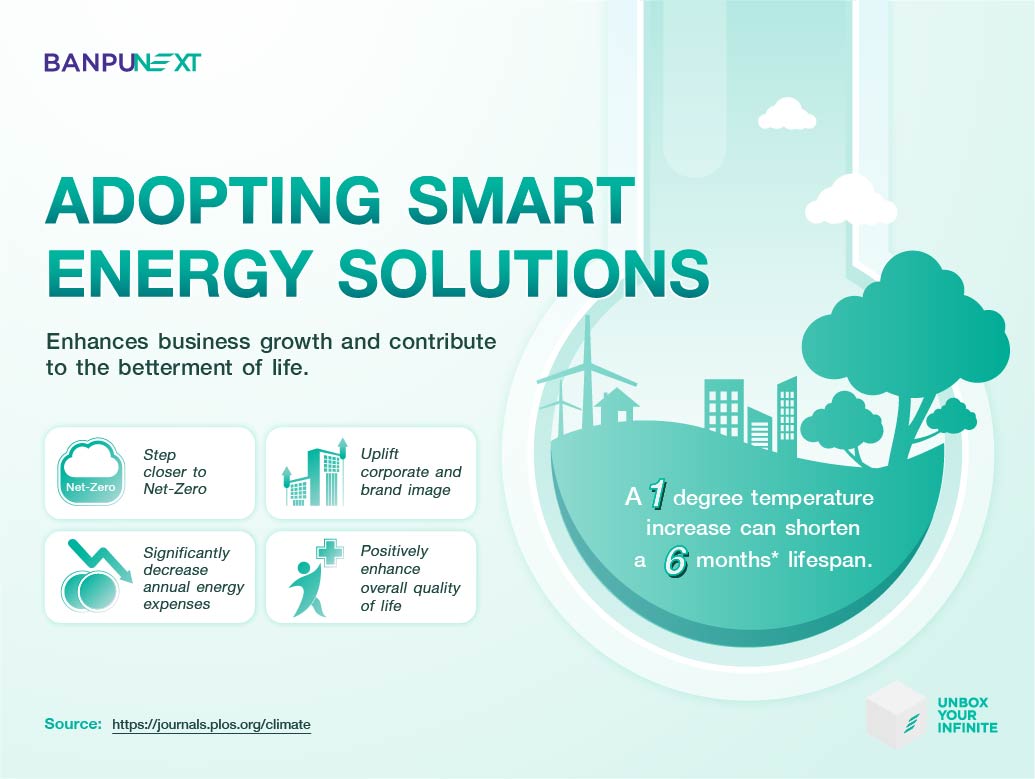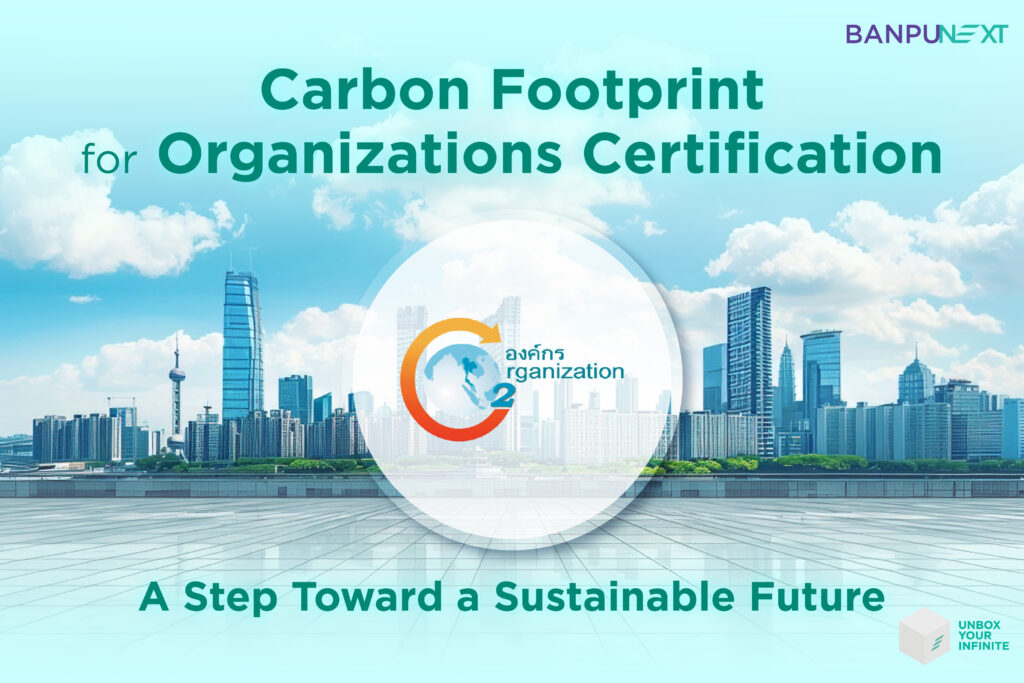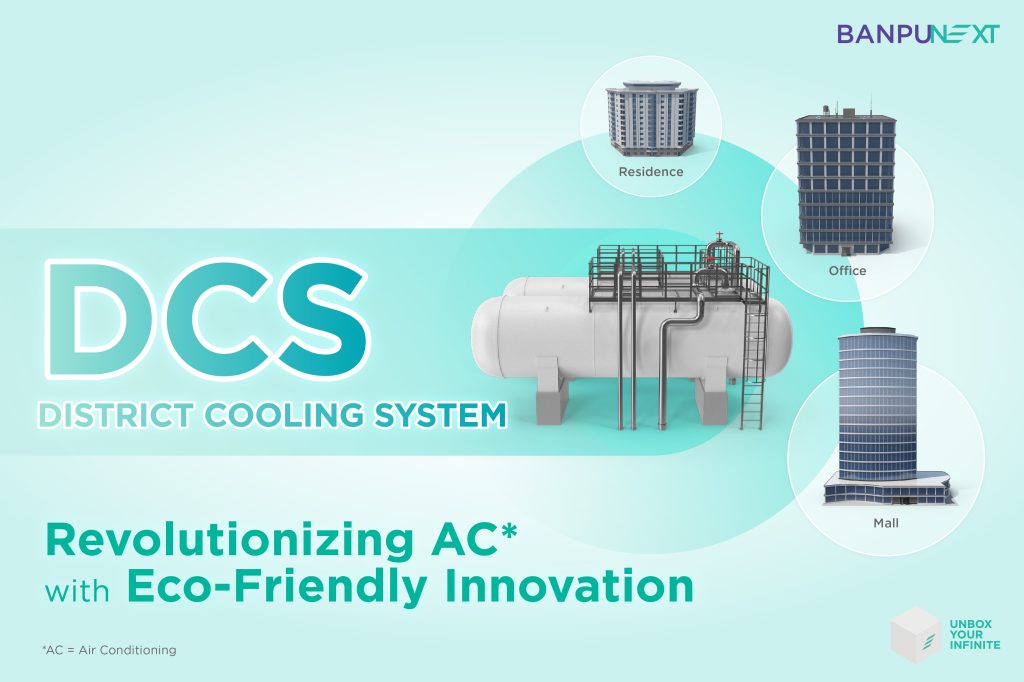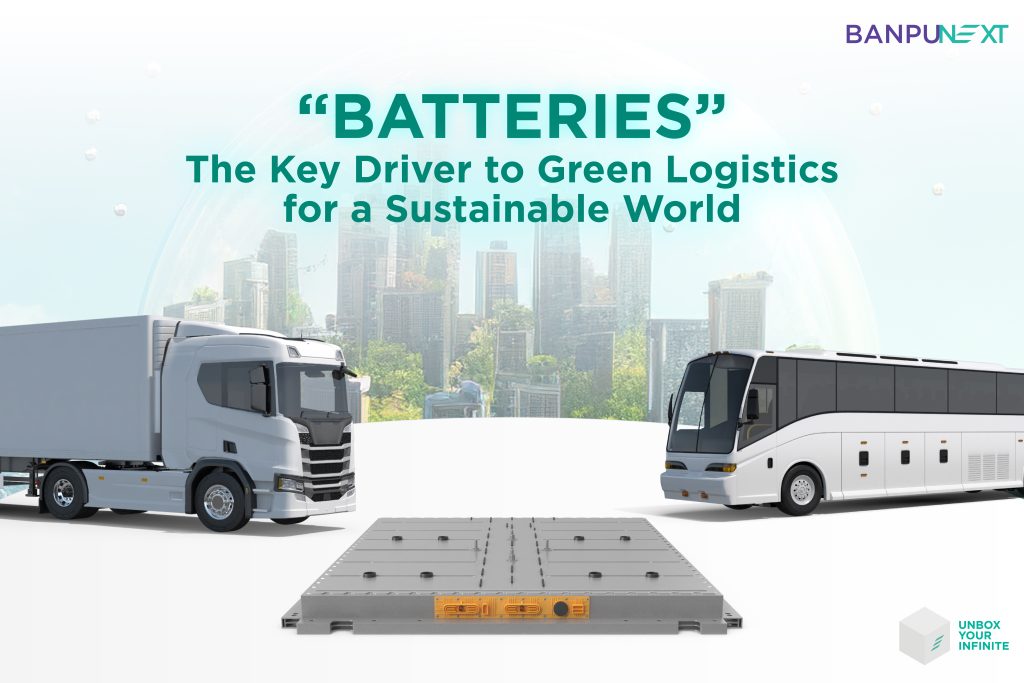The urgency of addressing global warming is underscored by recent research published in the PLOS Climate journal, which reveals a concerning correlation between temperature increases and decreased life expectancy. Conducted by Amit Roy from Shahjalal University of Science and Technology, Sylhet, Bangladesh, the study suggests that a mere one-degree rise in temperature results in a half-year reduction in life expectancy. This emphasizes the pressing need for collaborative efforts to tackle environmental challenges and safeguard the livability of our planet for future generations. A key strategy in mitigating greenhouse gas emissions, the main drivers of climate change, is transitioning to sustainable smart energy solutions. Businesses play a pivotal role in driving this transition, not only advancing towards Net-Zero objectives but also significantly reducing annual energy costs. Moreover, they can enhance their reputation in both social and environmental domains, paving the way for organizational expansion.
Achieving Net-Zero, the complete elimination of greenhouse gas emissions, is an ambitious yet attainable objective through concerted efforts across all sectors. This entails both ‘Limiting’ and ‘Eliminating’ emissions of heat-trapping gases such as carbon dioxide (CO2), methane (CH4), nitrous oxide (N2O), hydrofluorocarbons (HFCs), perfluorocarbons (PFCs), sulfur hexafluoride (SF6), and nitrogen trifluoride (NF3). Thailand, ranking 9th out of 37 countries most at risk of climate disasters, with these nations collectively contributing around 90%[1] of global emissions, is committed to addressing this challenge. Over the past 4-5 years, numerous organizations worldwide have initiated ambitious Net-Zero plans, setting collective targets to reduce emissions throughout their supply chains or transition to clean energy sources as much as possible.
In Thailand, the target is to achieve Carbon Neutrality by 2050 and reach Net-Zero greenhouse gas emissions by 2065. Consequently, various sectors, particularly businesses, are increasingly prioritizing the efficient use of clean energy across all operations to meet their Net-Zero targets. This involves implementing efficient energy management practices, transitioning to the use of clean energy, adopting electric vehicles, and implementing comprehensive waste management systems. These measures not only enhance operational efficiency but also contribute to long-term cost savings for business operations.
Banpu NEXT, a leading smart energy solutions provider in Asia-Pacific, supports organizations in preparing for emerging challenges and transitioning towards a Net-Zero society. This entails thorough analysis of Net-Zero objectives and the implementation of comprehensive smart energy solutions to enhance efficiency across all operational stages. Leveraging digital platforms and applications for real-time data monitoring, Banpu NEXT is committed to realizing an environmentally sustainable future, driving every organization towards Net-Zero and improving societal well-being.
Join us in building a Net-Zero society by embracing smart energy solutions from Banpu NEXT, empowering businesses to adopt sustainable practices. For inquiries, please contact our Call Center at 02-095-6599 for further details: http://www.banpunext.co.th/
Source:
- The Climate Action Tracker’s assessment findings
- https://journals.plos.org/climate/A panel data study on the effect of climate change on life expectancy
- https://climate.onep.go.th/th/topic/database/migation-measures/
- https://www.microbank.com/en/blog/p/what-is-energy-efficiency-and-why-is-it-important-for-your-company-.html?id=185
- https://www.graygroupintl.com/blog/energy-management
#BanpuNEXT #TotalSmartEnergySolutions #NetZeroSociety
[1] The Climate Action Tracker’s assessment findings







